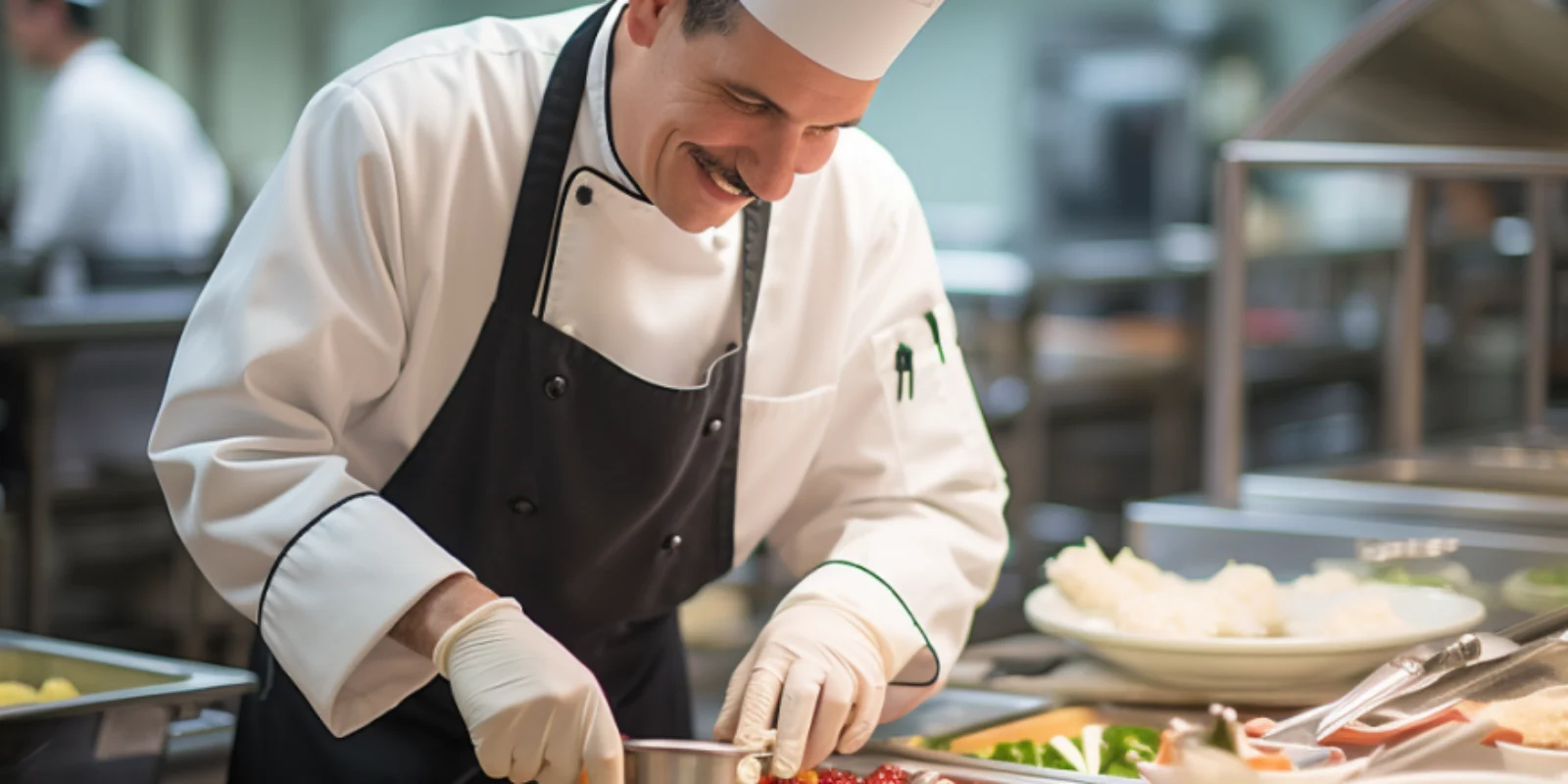There’s a difference between an accident caused by a poor decision and one caused by oversight. The former can be addressed by seeking out advice and thinking more before making the decision. Risk for the latter can be reduced with education and proactiveness. This applies to any industry, from manufacturing to foodservice.
The truth is, unless you're being intentional about food safety standards, it's easy to accidentally cross-contaminate foods. Here are some tips for avoiding this so you can protect the health of you and your guests.
Store Ingredients Properly
There are several best practices when it comes to food storage that help you avoid cross-contamination. For starters, make sure all ingredients are covered properly, but especially meat and ready-to-eat foods. Additionally, you should store any meats on the bottom shelf of your fridge, as those have the highest potential to leak liquids. It’s also a good idea to use high-quality storage containers and get rid of any that are compromised.
Prepare Foods Separately
Just as you store foods separately, you should prepare them separately as well. Use different utensils, chopping boards and plates or bowls for raw foods and cooked foods. Also, you don’t want to wash raw meat, or touch any prepared or cooked food after you’ve touched raw meat. As a rule of thumb, keep raw and cooked foods separated until the final dish is assembled, whenever possible.
Don’t Forget Personal Hygiene
Washing your hands is one of the most important aspects of food handling. As it relates to avoiding cross-contamination, you should make sure you wash your hands after touching raw food and before handling other cooked foods, utensils or surface areas. Wash hands before preparing food, as you may have touched something or part of your body (e.g. face, arm, etc.) since the last time you washed hands. Also, keep your hair secured in a hair net if you can.
Clean and Sanitize Thoroughly
Clean any surfaces you are using for food prep before you start. This also applies to utensils, cookware and other equipment that can potentially hold bacteria. Thoroughly sanitize every work station at the end of the day and clean what you can between tasks.
If you’d like more advice about how to avoid cross contamination and other food safety standards, consider signing up for a food handler certification course from American Course Academy today.

